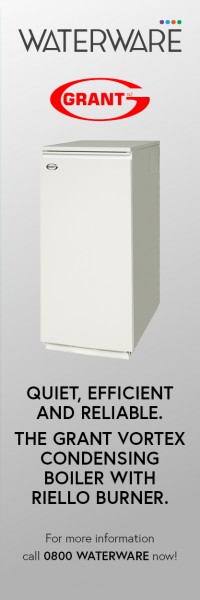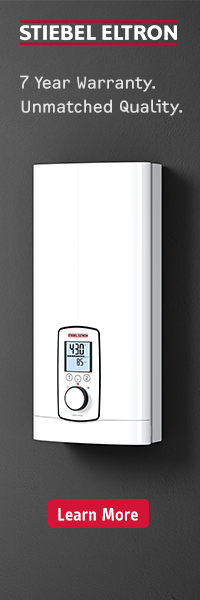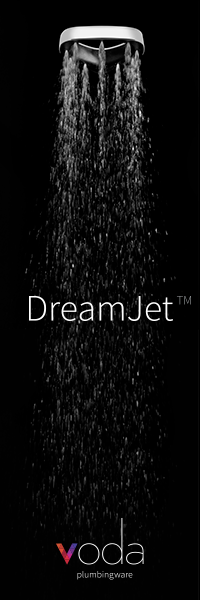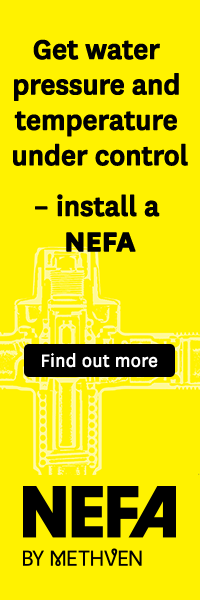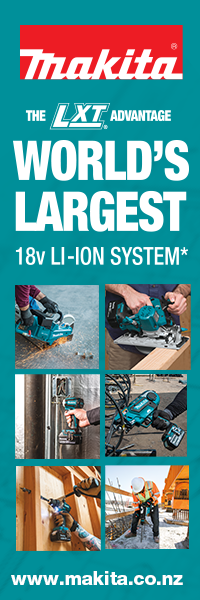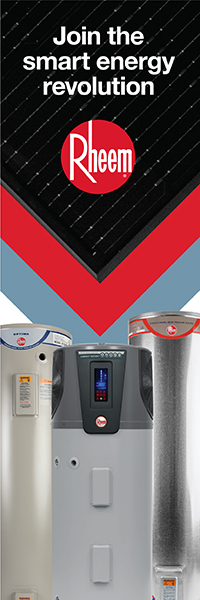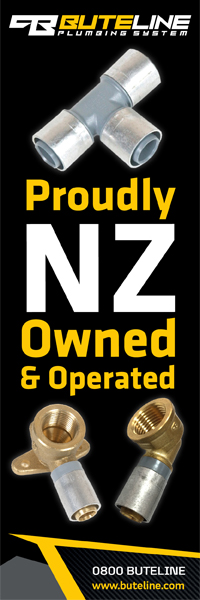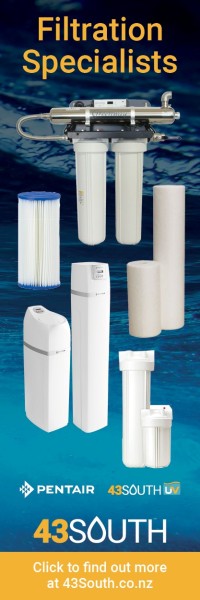8 great tips for saving money on hot water
10 August 2018
Whatever hot water system you use, there are easy ways to reduce your bills and do your bit for the environment. If your water is metered, every litre you save will also save you money.
1. Ease your shower flow
If your shower fills a 10 litre bucket in less than a minute, it's wasting water. Replacing your shower head with one that flows more efficiently (9 litres a minute or less) will cut your hot water use significantly. Another option is to install an inexpensive shower flow restrictor. According to Energywise, even reducing the flow rate by 1 litre per minute could save a household of three around $80 per year.
You can compare the efficiency of new showerheads by reading their water efficiency labels – or talk to your plumber about your options for getting one installed.
2. Ease your tap flow
Flow control aerators for taps are a relatively inexpensive way to halve the volume of water you use while still giving good pressure. They’re great for taps over sinks or tubs that aren't regularly filled up, where the water flow volume is less important.
3. Fix dripping hot taps
Depending on how bad the leak is, dripping hot taps can cost you hundreds of dollars a year. Anyone is allowed to replace tap washers, and a new washer doesn’t cost a lot. If you can’t work out how to do it though, don’t try to force it – just call a plumber! Damaged taps can be expensive items to replace.
4. Wrap your hot water cylinder and hot water pipe
In older Kiwi homes, airing cupboards were often situated near or above the hot water cylinder to take advantage of the escaping heat. Some pre-2002 electric hot water cylinders aren't insulated very well and should have a cylinder wrap. You should also insulate the first 1-1.5 metres of hot water pipe coming off your hot water cylinder. Cylinder wraps and pipe lagging are both available from hardware stores, and Energywise says that insulating an older (pre-1987) cylinder and pipes could save you about $80 a year.
While you can't put a cylinder wrap on a gas hot water system, you can make sure any water pipes leading to or from the unit (either located outside your house or under the floor) are insulated to protect them from freezing and bursting in winter. Unfortunately this happened to a Canterbury homeowner recently – their crawl space was flooded and putting everything right cost quite a bit…
5. Check your hot water temperature
It should be 60°C at the cylinder to prevent the growth of legionella bacteria and no more than 55°C at the tap so no one gets burnt. Depending on the age and design of your cylinder, you may need a plumber or electrician to adjust your thermostat. Energywise has found that even an extra 10°C on the thermostat of your hot water system could be costing you $25 a year with a modern cylinder, or double that for an older one.
6. Switching off your hot water while away on holiday
If you are away for more than a fortnight, you may want to consider switching off your hot water cylinder to save a bit of money. When you return home and switch it back on, be sure to wait at least half a day before using hot water. The water in the tank needs to get hot enough to ensure any legionella bacteria is killed first.
7. Maintain your hot water system regularly
Check the manufacturer’s instructions for your hot water system to find out the recommended maintenance and time frames involved. A general tip is to gently move the easing lever of the temperature/pressure relief valve every six months to prevent it sticking. Glass-lined (VE) water cylinders should have their sacrificial anode changed every five years, and probably more frequently in hard water areas where mineral buildup is more likely. A plumber can help if you're unsure what to do.
8. Choose efficient water products
Like energy rating labels, water efficiency labels appear on showers, taps, toilets and household appliances. They use a star rating to show how water-efficient a product is compared to other products in the same class – the more stars, the more efficiently it uses water.
One thing to bear in mind when looking at new products is that swapping old fittings for new is not always a simple process. For example, if you’re looking to replace your current toilet and have your eye on a radically different design, major bathroom renovation work may be required to install it. When in doubt, talk to your plumber before you make a purchase. And remember that any pipework involving sanitary plumbing (such as fixing or unfixing traps, waste/soil pipes, ventilation pipes, or overflow pipes and any pipe that supplies or is intended to supply water) can only be done by a licensed plumber.
If you’re unsure about anything to do with plumbing, gas or drainage at your property, find your nearest Master Plumber: https://www.dontriskit.co.nz/
The Energywise website is full of great tips on how you can improve the efficiency of your home and save money: https://www.energywise.govt.nz/at-home/water/


